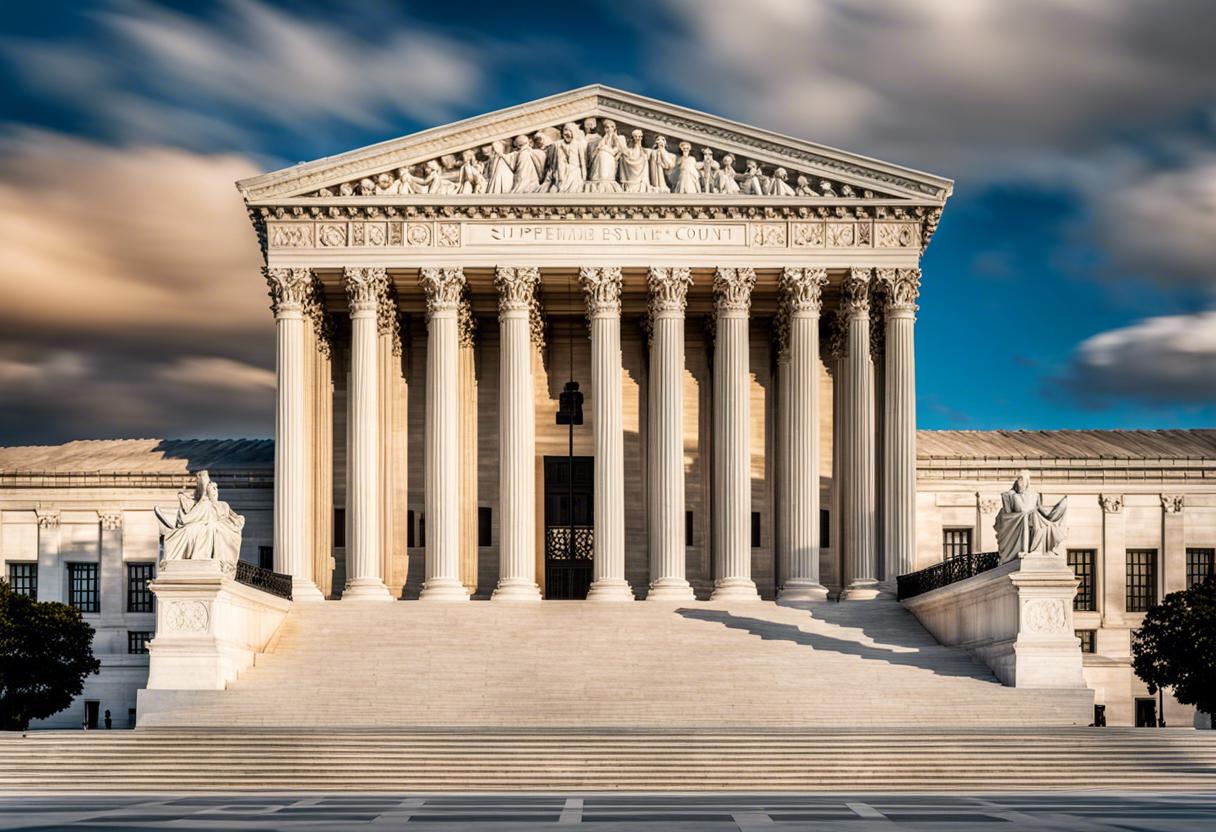On Monday, a highly anticipated Supreme Court ruling relating to the use of mobile phone metadata as evidence in court cases is slated to arrive. This looming judgement, which concerns the validity of such data in criminal proceedings, could bear crucial ramifications on the separate case of Graham Dwyer, who is striving to overturn his 2015 murder conviction.
The decisions on two interconnected appeal cases that the court’s seven justices will pass judgement on, bear notable similarities to Dwyer’s case. His appeal, which could be his last, was lodged post the appeals from Caolan Smyth and Gary McAreavey on whom the court will pass judgement today.
Expectedly, the verdict on Dwyer’s appeal will be out by this month end. On the other hand, Smyth (31), earlier from Cuillean Court, Donore, Co Meath, contested his conviction on charges of attempted homicide of James ‘Mago’ Gately along with possession of a firearm with the intention of life-endangerment. Meanwhile, McAreavey (56), ex-resident of Gort Nua, Castlebellingham, Co Louth, battled his conviction on charges of aiding a culprit.
As alleged by the Criminal Assets Bureau, Gately, rumoured to be associated with a criminal syndicate, was fired at five times by a vehicle’s driver that arrived close to him at a petrol station on the Clonshaugh Road on May 10th, 2017. The allegations claim Smyth as the gunman and McAreavey as having procured petrol to erase evidence of the vehicle involved in the attempted homicide. The prosecutor’s argument partially hinged on the retained phone data to attribute a mobile phone to Smyth, and trace the car’s route via the cell sites connected to that phone.
Despite both men refuting the charges, and neither accepting ownership of the phones concerned, their convictions were passed by the Special Criminal Court without a jury in January 2021. Later, their appeals to the Court of Appeal were unsuccessful.
Considering the important implications regarding the admissibility of mobile phone metadata stored by gardaí under the 2011 Communications (Retention of Data) Act, the Supreme Court decided to listen to their further appeals. Interestingly, Dwyer won a legal challenge against the 2011 Act in civil courts. Upholding the High Court’s verdict, the Court of Justice of the European Union (CJEU) confirmed in 2022 that the Irish phone data storage laws were contradictory with EU legislation.
The invalidation of the 2011 law was centered around its lack of an independent or judicial function to control the accessibility of phone metadata. The European Court of Justice had not yet delivered its ruling when Smyth and McAreavey’s trials were conducted in April 2022. This ruling is essential to their ongoing appeals, just like Dwyer’s.
The question around whether phone metadata, collected and kept under the parameters of the 2011 Act, could be admitted in court has been a critical point in Dwyer’s years-long lawsuit aimed at having his guilty verdict for O’Hara’s killing overturned.
O’Hara, a 36-year-old childcare worker, was last sighted in a Shanganagh park, South Dublin, in August 2012. More than a year later, some of her remains were discovered on Killakee mountain and she was identified using dental records.
During Dwyer’s court process, it was revealed that a Nokia mobile found at Vartry Reservoir, Co Wicklow, in 2013, was used to transmit messages to O’Hara. Some of these messages referenced stabbing and the last known contact was a text sent on August 22nd, 2012 — the final day O’Hara was visible — telling her to “go down to the shore and wait”.
In spite of Dwyer’s failed appeal against his original verdict last year, the Supreme Court decided to listen to another appeal due to the large public interest in matters related to phone data retention.

